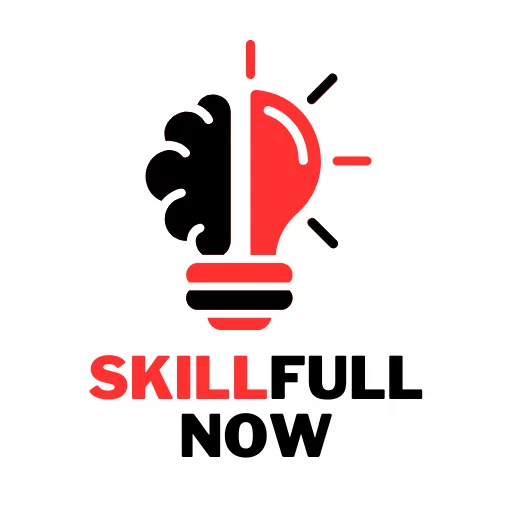MapleStory Link Skills

MapleStory Link Skills are passive abilities that characters can share across accounts, enhancing various stats like damage, bossing, and survivability. These skills are crucial for optimizing your character’s strength, making them essential for progression.
Why Are Link Skills Important?
Using the best MapleStory Link Skills provides major advantages, whether you’re training, bossing, or mobbing. They grant additional damage, increased critical rates, and defensive boosts, making them indispensable for both new and veteran players.
Best Link Skills for Damage Boost
If you’re looking to maximize your character’s damage output, prioritize these Link Skills:
1. Demon Avenger – Wild Rage
- Effect: Increases final damage.
- Why It’s Useful: Works well for all classes, enhancing overall DPS.
2. Kanna – Elementalism
- Effect: Boosts magic attack and damage.
- Why It’s Useful: Great for magic-based classes, providing extra power.
3. Xenon – Hybrid Logic
- Effect: Increases all main stats.
- Why It’s Useful: Useful for every class, offering a balanced stat boost.
Best Link Skills for Bossing
If you aim to take down powerful bosses, these Link Skills will be invaluable:
4. Demon Slayer – Fury Unleashed
- Effect: Increases boss damage.
- Why It’s Useful: Essential for bossing, ensuring higher damage output.
5. Phantom – Thief’s Cunning
- Effect: Enhances critical rate and avoidability.
- Why It’s Useful: Increases survivability while boosting critical hits.
6. Beast Tamer – Focus Spirit
- Effect: Boosts boss damage, critical rate, and experience gain.
- Why It’s Useful: Great for both leveling and bossing.
Best Link Skills for Survivability
Staying alive is key in MapleStory, especially in higher-level content. These skills will help you last longer:
7. Mihile – Knight’s Watch
- Effect: Grants knockback resistance and increased defense.
- Why It’s Useful: Prevents interruptions during boss fights.
8. Resistance – Spirit of Freedom
- Effect: Provides invincibility after revival.
- Why It’s Useful: Helps prevent instant deaths after reviving.
How to Prioritize Link Skills
When setting up your Link Skills, focus on the following priorities:
- Damage Boosting Skills – Essential for all activities.
- Bossing Skills – Helps in end-game content.
- Survivability Skills – Important for tougher battles.
- Utility Skills – Useful for leveling and grinding.
Final Thoughts on MapleStory Link Skills
MapleStory Link Skills are game-changers that enhance your character’s strength. Whether you focus on bossing, training, or survival, using the right Link Skills will make your journey much easier. Start leveling up your Link Skill characters today and experience a significant boost in your MapleStory performance!





yukmvvylhwqyyxvzpwqltzsgvndure
Hi, ego volo scire vestri pretium.